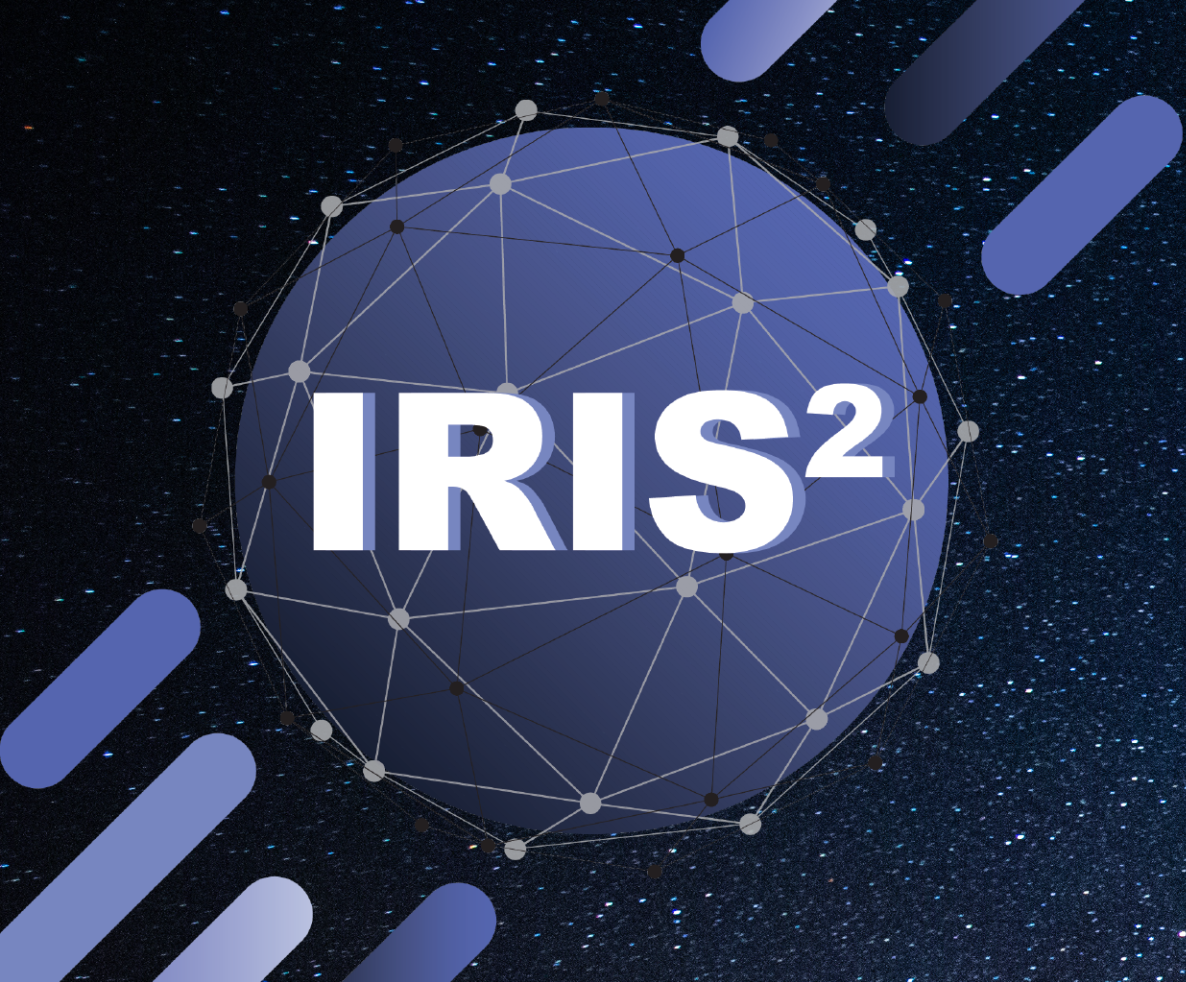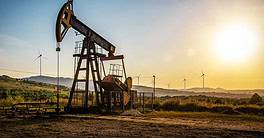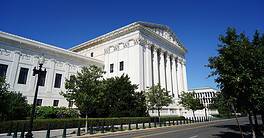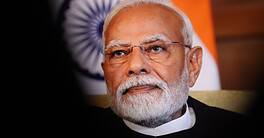IRIS2, the European satellite communications program, is finally taking off. The response to Elon Musk’s Starlink and Jeff Bezos’ Kuiper is the SpaceRISE consortium. Two years after launching the project, the European Commission awarded the contract to build its satellite mega constellation to a consortium of satellite fleet operators: Eutelsat (France), SES (Luxembourg) and Hispasat (Spain). The trio will work with subcontractors and satellite builders Thales Alenia Space and Airbus Defence and Space as well as European telecommunication groups, including Deutsche Telekom, Orange, Hisdesat and Thales Six. The contracts are expected to be signed at the end of the year.
The objective is to put together 290 satellites and the associated ground infrastructure. The independent network should be up and running by 2030. Governments will be the first users, but commercial applications are also part of the program.
IRIS2, launched in November 2022 by former European Commissioner Thierry Breton, is expensive. It was valued initially at €6 billion, but experts nowadays estimate that it’s a €12 billion project. Robert Habeck, Germany’s Vice Chancellor, sent a letter to Brussels in March denouncing it as an “exorbitant” increase. The fact that German companies were not heavily involved in the project didn’t help. Still, the war in Ukraine convinced European leaders that they needed their own secure satellite internet network, and they found a compromise. What if their ground system suddenly failed? What would happen if there was a cyberattack? IRIS2 and its 290 satellites are much smaller than the 6,000 active Starlink satellites but the constellation is a strong communication tool. It reaffirms the old continent independence, like Galileo the global navigation satellite system which is the European answer to the American GPS.
The European Commission carefully avoided numbers. It didn’t say what will be the final cost. SpaceRISE is a private public partnership that will be supported by EU funding and the European Space Agency. They initially budgeted more than €3 billion. The public contribution will likely exceed that amount. The rest will be covered by the private sector, including the three members of the consortium.




